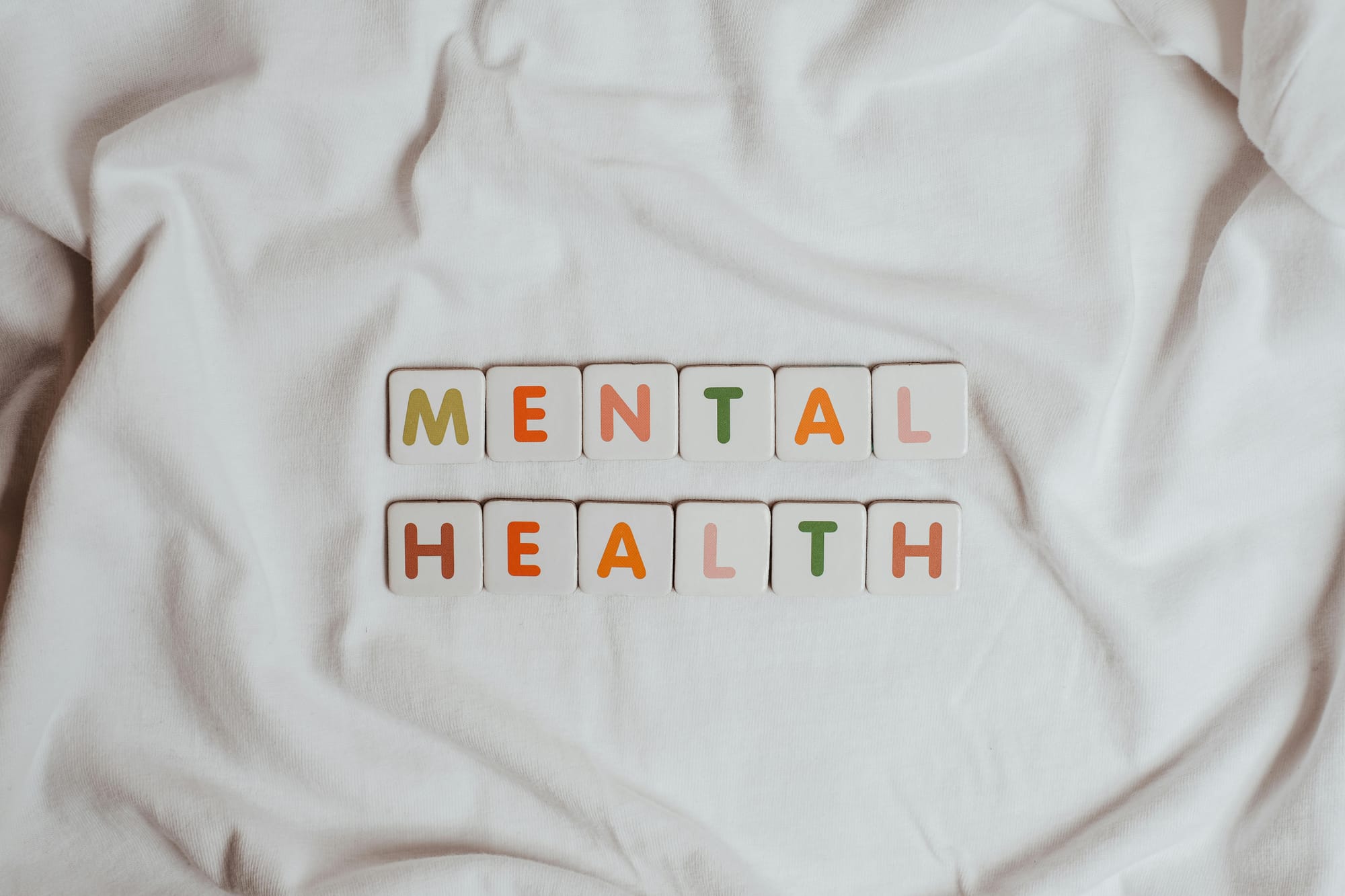Mental health in Hong Kong – Where are we now?

What’s going on?
The approach to mental health in Hong Kong, and more broadly, in parts of Asia like China, has seen major shifts in recent years. For one, there’s a rising awareness and concern about the mental health of young people, the elderly and people in the workforce, which has only grown since the pandemic. But why?
According to Mind HK, the number of child and adolescent psychiatric patients in Hong Kong rose by 50% from 2011 to 2016, and over half of secondary school students now show symptoms of depression. Also, about 10% of the elderly population in the city suffers from dementia (which is expected to rise as the population ages). The stigma surrounding mental health issues is also a widespread challenge; a 2015 study of the Hong Kong population from ages 16 to 75 found that only 26% of people with common mental disorders had consulted mental health services in the past year.
In mainland China, a recent nationwide survey estimated that around 130 million people out of the population of 1.4 billion over the age of 18 experienced a mental disorder during the 12 months before the survey.
With “one out of every two people in the world” predicted to develop a mental health disorder at some point in their lives, according to Harvard Medical School, which looked at 29 countries, Mental Health Awareness Month is all about raising awareness and keeping mental health on our radar.
How did COVID change our view of mental health?

COVID definitely didn’t help things on the mental health front. The stress of worrying about getting sick or being put into quarantine, social isolation from lockdowns and the economic fallout all piled on. During the pandemic, almost half of Hong Kong’s adult population showed clinical signs of depression, and more than half reported poor mental health overall.
COVID also exacerbated barriers to accessing mental health services. Many people were afraid of getting sick and long waiting times in medical facilities, stress about money also played into this, as well as many people just not knowing where to find help.
On the upside, the pandemic did shed some new light and visibility on mental health. In response, organizations around Hong Kong launched programs aimed at reducing the stigma around talking about mental health issues and helping people connect with the resources they need.
Where are we now?

The government introduced several measures in recent years to address mental health issues. These have included school-based mental health programs and public health initiatives. For example, it set aside HK$80,000 for schools and parent-teacher associations to promote mental health awareness and support.
“The Education Bureau has advised schools to make the well-being of students the priority and to pay close attention to their mental health,” a 2023 circular from the Bureau said.
It has also set goals to promote education and awareness of mental health problems while working to increase accessibility to mental health services and their coverage for the Hong Kong population. The Review Committee on Mental Health was established in 2013 to enhance these services and conduct audits on the mental health situation in Hong Kong to find service gaps and make improvements. This was followed by the Mental Health Review Report in 2017, which put forward 40 recommendations for enhancing mental health services covering 20 different areas. Later that year, the Advisory Committee on Mental Health was established to monitor putting those recommendations into practice. The government also commissioned two universities to conduct surveys in 2019 on three different demographics to collect data on their mental health status. That survey was completed last year, and officials have said they’re reviewing the findings to follow up with “targeted policies and support measures.”
It hasn’t been long enough since COVID for us to evaluate their effectiveness on a large scale. But, some early feedback can give us insight.
“A lot of times, schools will invite external speakers to give workshops and talks but then not actually really do much at the structural level to change the level of stress that students are going through,” said Stephanie Ng, founder and executive director of Body Banter, in a comment to TMS.
Also, while the government has made efforts to increase the city’s number of psychiatrists and mental health professionals, Hong Kong still falls short of World Health Organization (WHO) recommendations. The number of public psychiatrists per 100,000 people in Hong Kong is 4.8, while the number in high-income countries is 8.59, according to the WHO.
What are people saying?
“What we found from our recent research in June is that there’s been a huge interest in mental health … but the interesting part was that stigma didn’t really improve … it got worse … 58% of people in our study said that they would stop being friends with someone if they had a mental health condition … People really do experience this in isolation, and I think that a problem is that people are not accessing help because of the stigma and how strong it is here. ”
-Deputy CEO Carol Liang of Mind HK said to Hong Kong Free Press.
“What I’d like to see is more collaborations and conversations between corporates and NGOs. Corporates usually have a lot of resources, and this can be used to fund education and mental health support initiatives for underresourced populations. And, on the other hand, a lot of times NGOs work with underresourced communities, and they represent the priorities and needs of these underresourced communities. So what NGOs can do is take a ground-up approach to bringing the priorities of underresourced groups to corporates so that corporates can put their funding in the right direction.”
- Stephanie Ng, founder and executive director of Body Banter
“Through our free peer support groups, we've observed a growing recognition of the importance of mental well-being and balance among individuals in Hong Kong. There's a heightened need for supportive spaces where individuals can explore alternative perspectives on success and fulfillment. As more people prioritize personal well-being, there may be a re-evaluation of traditional work models and a greater emphasis on fulfillment beyond career success. Providing supportive environments that value the person as a whole over excessive productivity is vital.”
-Jess Hulton, Hong Kong lead at The New Normal Charity
“When our expectations on the child’s academic performance exceed their ability, the child may be very worried about not being able to live up to the demands of society and parents, which may lead to anxiety, as well as depression when they actually fail. In terms of sleep problems, many local studies have shown that this is an early sign of mental health problems. There are, in fact, treatments which can help reduce the chance that the mental health issues will linger later in life.”
-Professor Patrick Leung Wing-leung of CUHK’s psychology department
There are several ways we can keep our finger on the pulse of our own mental health. Regularly checking in with ourselves and how we’re feeling is important, as well as keeping tabs on our sleep patterns, eating habits, social connections, coping mechanisms and other gauges of our mental wellness. Incorporating healthy habits like physical activity, mindfulness and meditation also can be an effective way to make adjustments and improvements to our state of mind.
But if warning signs appear that you or someone you know might be struggling, don’t hesitate to use community resources to seek help.
The New Normal Charity (TNN) Hong Kong
The Mental Health Association of Hong Kong
Clinical Psychological Services of the Social Welfare Department
Integrated Community Centre for Mental Wellness
If you have suicidal thoughts, or you know someone who does, help is available. For Hong Kong, dial +852 2896 0000 for The Samaritans, +852 2382 0000 for Suicide Prevention Services or +852 18111 for the government-run “Mental Health Support Hotline.”
For a list of international hotlines that can help, click here.











